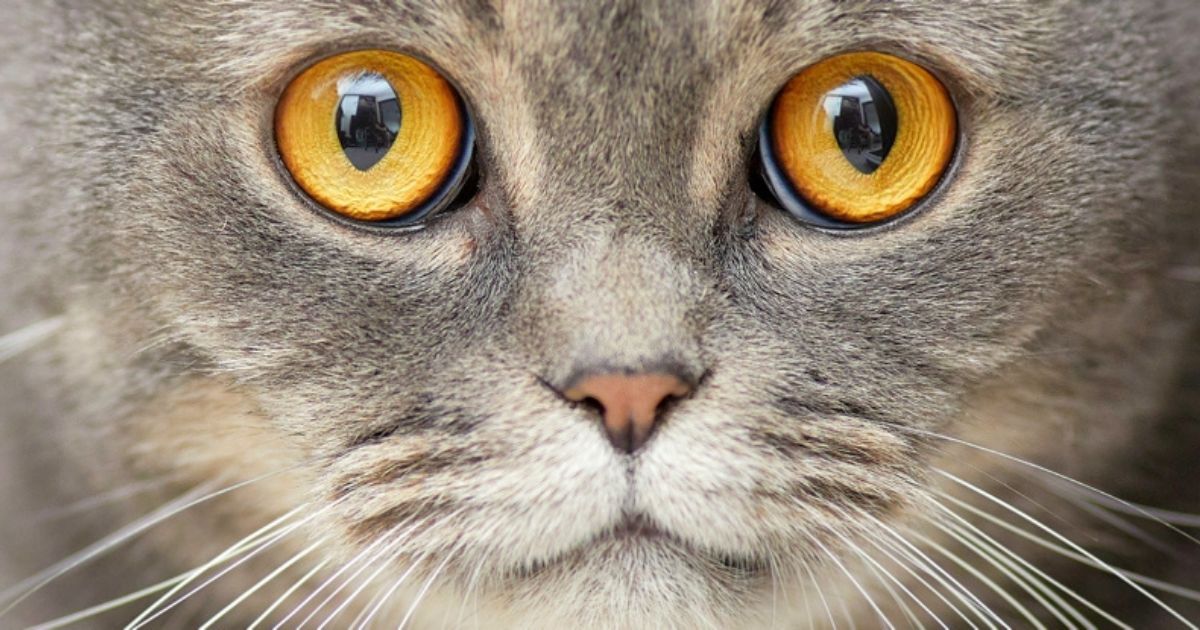In a recent study published by researchers from the Queensland Centre for Mental Health Research, an intriguing association has been identified between cat ownership and an increased risk of schizophrenia-related disorders.
The study, which analyzed 17 research papers spanning over four decades and involving 11 countries, sheds light on a potential connection that has long intrigued scientists.
The notion that cat ownership might influence the risk of schizophrenia-related disorders dates back to a 1995 study, which suggested a correlation between exposure to the parasite Toxoplasma gondii, commonly found in cats, and the development of these disorders. However, subsequent research has yielded mixed results, with some studies supporting this hypothesis while others do not.
Cat Ownership and Schizophrenia Risk
The latest analysis by psychiatrist John McGrath and his team found a significant positive association between cat ownership and the risk of schizophrenia-related disorders.
After adjusting for various factors, the researchers discovered that individuals exposed to cats had approximately twice the odds of developing these disorders compared to those without such exposure.
Toxoplasma gondii, the parasite in question, is typically transmitted through undercooked meat or contaminated water. However, it can also be spread through contact with infected cats, either through a bite or exposure to their feces.
While the parasite is often harmless and asymptomatic in humans, it has been linked to various effects on the central nervous system, including changes in neurotransmitter function and potential implications for mental health.
Despite the intriguing findings, it’s important to note that the research has its limitations. Many of the studies included in the analysis were case-control studies, which cannot establish causation and may overlook other influencing factors. Additionally, the quality of some studies was deemed low, leading to inconsistent findings across different research endeavors.
One particular challenge highlighted by the researchers is the variability in findings regarding the timing and nature of cat exposure. While some studies found no significant association between cat ownership during childhood and later development of schizophrenia, others identified specific age ranges where exposure to cats may be more influential.
Moreover, the role of other pathogens, such as Pasteurella multocida, in potentially mediating the observed effects cannot be discounted. For instance, studies have shown a correlation between cat bites and certain psychological experiences, suggesting that multiple factors may contribute to the complex relationship between cat ownership and mental health outcomes.
In light of these complexities, McGrath and his team emphasize the need for further research to elucidate the mechanisms underlying the observed associations. They advocate for high-quality studies involving large, representative samples to provide a more comprehensive understanding of cat ownership as a potential risk factor for mental disorders.
The implications of these findings extend beyond the realm of mental health research, touching upon broader questions regarding the interactions between humans and their pets. As the scientific community continues to explore the intricate dynamics between cat ownership, parasite exposure, and mental health outcomes, the need for rigorous investigation and evidence-based conclusions remains paramount.
In conclusion, while the link between cat ownership and schizophrenia-related disorders warrants further exploration, it is clear that a comprehensive understanding of this complex relationship will require continued interdisciplinary collaboration and robust scientific inquiry.








Leave a Reply
You must be logged in to post a comment.